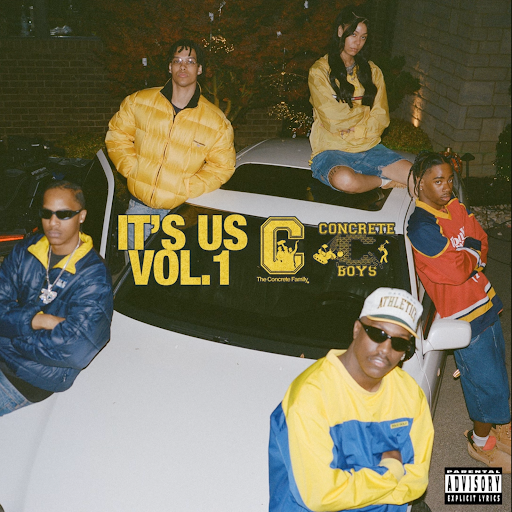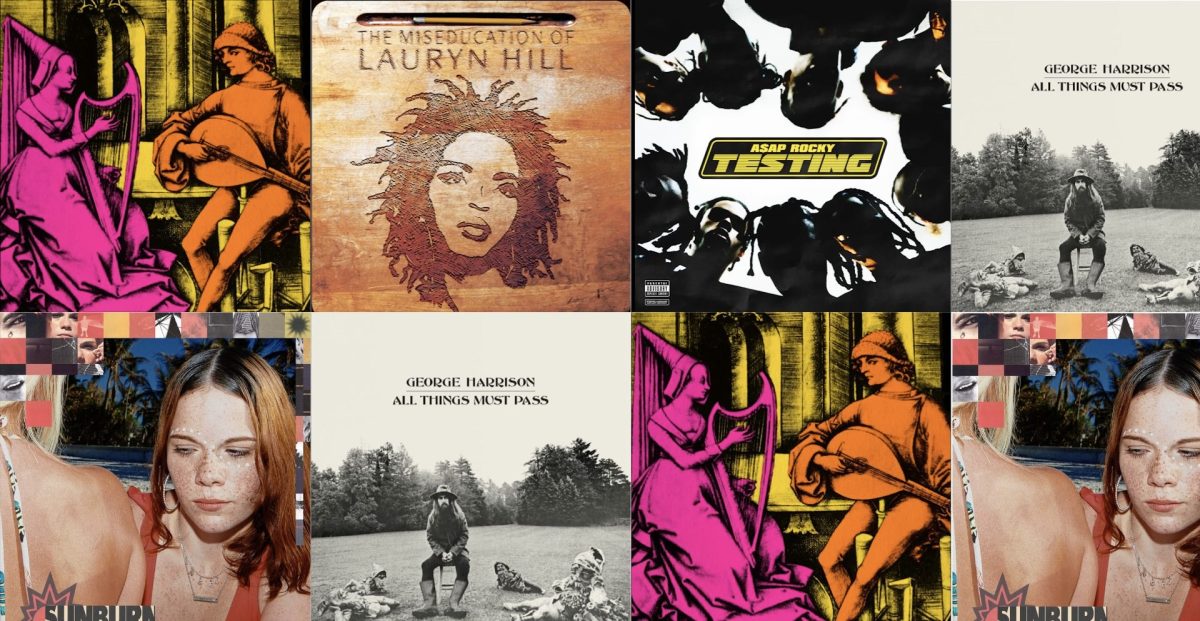A mysterious, handsome young man walks up to you and offers you money by playing a game of ddakji (딱지), a game played by slapping a piece of paper to flip your opponent’s paper. However, he’s unbeatable and slaps you across the face every time you lose, until eventually you win, a face bruised and red. He then offers you an invitation to play more simple games like ddakji to win money. Do you accept it?
Squid Game (오징어 게임) is a Korean drama on Netflix directed by Hwang Dong-Hyuk currently ranked No. 1 on Netflix worldwide, outranking popular shows like Lupin and Bridgerton. The South Korean show was so successful that other Asian shows on Netflix, like Alice in Borderland, have been rising in popularity since. In fact, Squid Game was named Netflix’s “biggest non-English show in the world, for sure” said co-CEO Ted Sarandos at the 2021 Code conference in Los Angeles. Netflix’s stock price even experienced an all-time high of $619 barely two weeks after Squid Game’s release.
The show is simple in theory. 456 people with massive debts are given the opportunity to play games in order to win the games prize of 45.6 billion won (3.85 million USD) under three clauses: players must continue playing the game at all time, if players refuse to play they will be eliminated and if the majority votes, the games can be terminated but no prize money will be distributed. Rather than leaving empty-handed, players risk their lives to take home a prize.
Each episode of the show is filled with adrenaline, inviting the audience to think “Red Light Green Light? Marbles? I would’ve totally won!” This excitement gives the viewer a slight nostalgic taste of playground memories with a bit of rated-R content such as gore. If you’re spotted on the playground moving or unbalanced, you’re out – but in Squid Game, you die.
Squid Game’s premise is survival – play the game or die. The show presents other side plots and themes as well, such as friendship, trust, betrayal, brotherhood and a wretched lesson of capitalism. The show doesn’t shy away from the hardships and challenges of class, debt, and power. The last scenes in the show, for example, present the viewer the never-ending cycle of poverty and the main character is forced to make a decision on whether to feed into the system or make a stand. As if viewers weren’t already intrigued by the plot, the themes and side plots encourage the audience to empathize more with the characters and see who makes it out with money.
Squid Game’s nine-episode season leaves viewers wanting more with a dramatic cliffhanger, but there are no plans for a second season. Hwang stated in an interview with Variety magazine “if I were to do it, I would certainly not do it alone. I’d consider using a writers’ room and would want multiple experienced directors.”
Squid Game lovers: don’t lose too much hope, for we can potentially find the protagonist in round two of the games. Or, even in a return appearance of the mysteriously adept ddakji player explaining his involvement in Squid Game.
















Marley Steliga • Jan 7, 2022 at 11:47 pm
Here are my theories:
1. Sae Byeok is alive, she got her neck cut and somehow survived. They took organs out of other players, what if they gave the organs to Sae Byeok and they came back in season 2.
2: You know how in the beginning of squid game Seong Gi Hun picks the cards with the salesman, I think whatever card you pick either blue or red. Seong Gi Hun picked the blue card, and he was selected to be a player. If he selected the red card, he would have been the guard.
3. Seong Gi Hun and the old man are son and father. In one of the scenes Seong Gi Hun doesn’t want to drink the milk because he doesn’t like milk. The old man told him that his son doesn’t like it either. In another scene the old man says his son’s birthday is coming up soon, this was said on October 24, and Seong Gi Hun birthday is on the 30th of October. The reason I think that the old man-made squid game is to help Seong Gi Hun and his mom with his deat, and to help him out to see his kid.